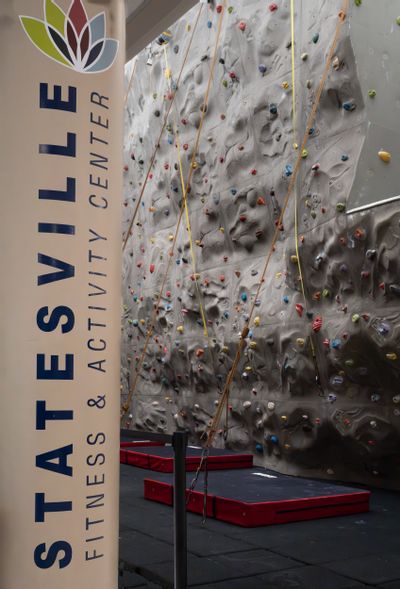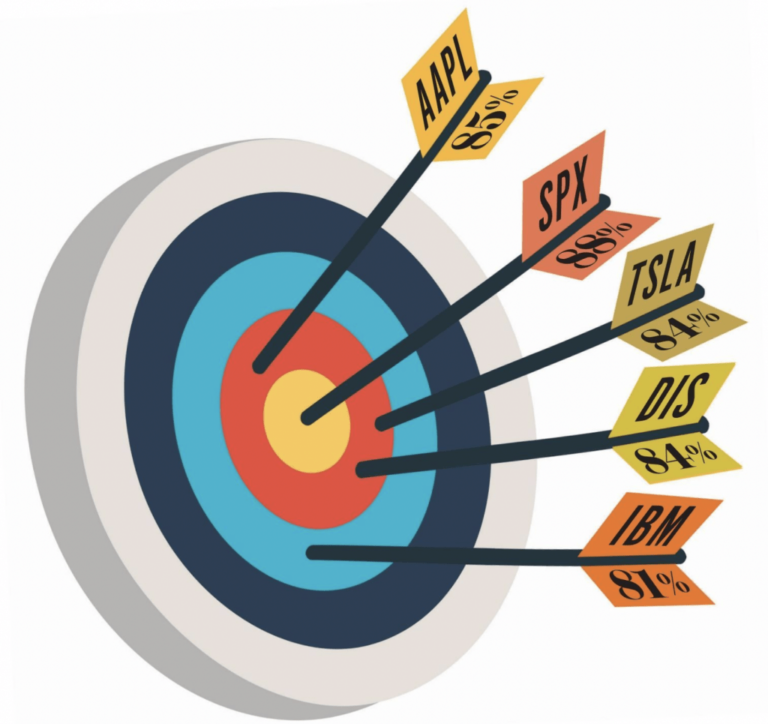Different cultures have traditional sports, including Sumo in Japan, Kabaddi in India, and Hurling in Ireland. Each sport has deep cultural roots and reflects the values, history, and physical prowess of the associated culture.
These sports go beyond mere entertainment and hold great significance in their respective societies. Understanding the traditional sports of different cultures provides a glimpse into the unique heritage and identity of each community. From ancient rituals to modern competitions, these sports continue to shape and preserve the rich cultural tapestry of the world.
Whether it’s the grace and precision of martial arts or the raw athleticism of team sports, traditional sports offer an immersive experience into the traditions and values of their respective culture.

Credit: ukathletics.com
Traditional Sports In Western Cultures
Traditional sports in Western cultures encompass various games that hold significant importance. One such sport is football, also known as soccer. Soccer is deeply rooted in Western culture and is considered the most popular sport in many countries. It emphasizes teamwork, skill, and strategy. Individuals devote themselves to the sport from a young age, with many professional leagues and tournaments being held worldwide. Another traditional sport in Western cultures is baseball. Originating in the United States, baseball has seen widespread popularity and is often referred to as America’s pastime. The sport involves two teams taking turns batting and fielding, with each team aiming to score more runs than the other. Baseball has become a significant part of American culture, with numerous professional leagues and iconic stadiums. Lastly, basketball holds a prominent position in Western cultures. The sport was invented in the United States and has gained global recognition. Basketball emphasizes agility, coordination, and teamwork, with players aiming to score points by shooting the ball through the opposing team’s hoop. It is a beloved sport worldwide, attracting immense popularity and fostering a sense of community among fans. These traditional sports, football, baseball, and basketball, showcase the rich sporting heritage found in Western cultures and have left a lasting impact on global sports and culture.

Credit: en.wikipedia.org
Traditional Sports In Eastern Cultures
Traditional sports hold a special place in Eastern cultures, reflecting
their rich history and values. Sumo wrestling is one such sport that has
deep cultural significance in Japan. Known for its heavyweight and
highly-trained wrestlers, sumo wrestling combines physical strength and
strategic techniques.
Martial arts, including Karate, Kung
Fu, and Taekwondo, are popular across various Eastern cultures. These
disciplines emphasize discipline, respect, and self-defense, promoting
physical and mental wellbeing.
Another traditional sport
associated with Eastern cultures is cricket. While cricket’s roots can be
traced back to the United Kingdom, it has gained immense popularity in
countries like India, Bangladesh, and Pakistan. Cricket unites people and
embodies teamwork, competitiveness, and national pride.
Eastern cultures thrive on the values upheld by these traditional sports,
and they continue to be celebrated and practiced, passing cultural
heritage from one generation to another.
Traditional Sports In Eastern Cultures (table)
| Sport | Country of Association |
|---|---|
| Sumo Wrestling | Japan |
| Karate | Various Eastern countries |
| Kung Fu | China |
| Taekwondo | South Korea |
| Cricket | India, Bangladesh, Pakistan |
Traditional Sports In Indigenous Cultures
In indigenous cultures around the world, traditional sports hold great significance in preserving cultural heritage and promoting community engagement. Lacrosse, for instance, originated from Native American tribes and later became popular in North America. The game involves teams using long-handled nets to propel a small ball towards the opponents’ goal. It symbolizes spiritual and physical strength, as well as fostering teamwork and endurance.
Hurling is an ancient Irish sport played with sticks (hurley) and a small ball (sliotar). It has deep roots in Gaelic tradition and is considered one of the fastest field games played. Hurling showcases skill, strength, and agility, reflecting the strong cultural ties of the Irish people.
Maori stick games, known as taiaha and waiata-a-ringa, are important to the indigenous culture of the Maori people of New Zealand. These games involve the use of hand-carved wooden weapons and display traditional fighting techniques, storytelling, and dance. They convey ancestral knowledge and celebrate the Maori heritage through physical activity.

Credit: www.britannica.com
Are Female-Only Sports Reflective of Specific Cultural Traditions?
Female-only sports often reflect deeply rooted cultural values, showcasing traditions where women’s strength and grace are celebrated. These traditions can feature unique sports exclusively played by women, passing down heritage through generations. Such activities highlight the critical role women play in preserving cultural identity and history within their communities.
Sports As Cultural Heritage
Sports have long been recognized as an integral part of different cultures, serving as a reflection of their traditions, values, and historical legacies. Cultural sports, in particular, play a significant role in preserving and promoting the unique heritage of various communities. Such sports, rooted in the customs and practices of a specific culture, are passed down through generations, memorializing the way of life of past eras. By participating in these traditional activities, individuals can connect with their ancestors and gain a sense of identity and belonging. Cultural sports also foster a sense of community and solidarity among participants, reinforcing shared values and beliefs. Additionally, these sports enable cultures to be shared with the wider world, bridging gaps and promoting cross-cultural understanding. It is crucial to recognize and appreciate the importance of cultural sports in sustaining cultural heritage and celebrating the diversity that exists among different societies.
Frequently Asked Questions Of What Sports Are Traditionally Associated With Different Cultures?
What Are Traditional Sports Examples?
Examples of traditional sports include football, basketball, cricket, tennis, baseball, and hockey.
What Are Cultural Influences In Sport?
Cultural influences in sport refer to the impact of traditions, beliefs, and values on athletic activities. These influences shape the way sports are played, the rules followed, and the significance attached to certain events. Culture affects everything from sportsmanship to fan behavior and can vary greatly across different regions and societies.
What Sport Would Be An Example Of Folk Culture?
A sport that exemplifies folk culture is traditional wrestling, involving local traditions and customs.
How Can Sports Bring People From Different Cultures Together?
Sports can unite people from diverse cultures as it provides a common platform for interaction and collaboration. Through shared passion, individuals can break barriers, foster understanding, and form meaningful connections, promoting cultural exchange and appreciation among communities.
Conclusion
Sports have always played a significant role in shaping different cultures across the globe. From the fierce and fast-paced game of rugby in New Zealand to the elegant and precise art of taekwondo in South Korea, each sport represents the unique values and traditions of its respective culture.
Exploring the diverse range of sports associated with different cultures allows us to appreciate the rich history and heritage that these activities carry. So, whether it’s football in Brazil or cricket in India, sports truly transcend boundaries and unite people worldwide.





